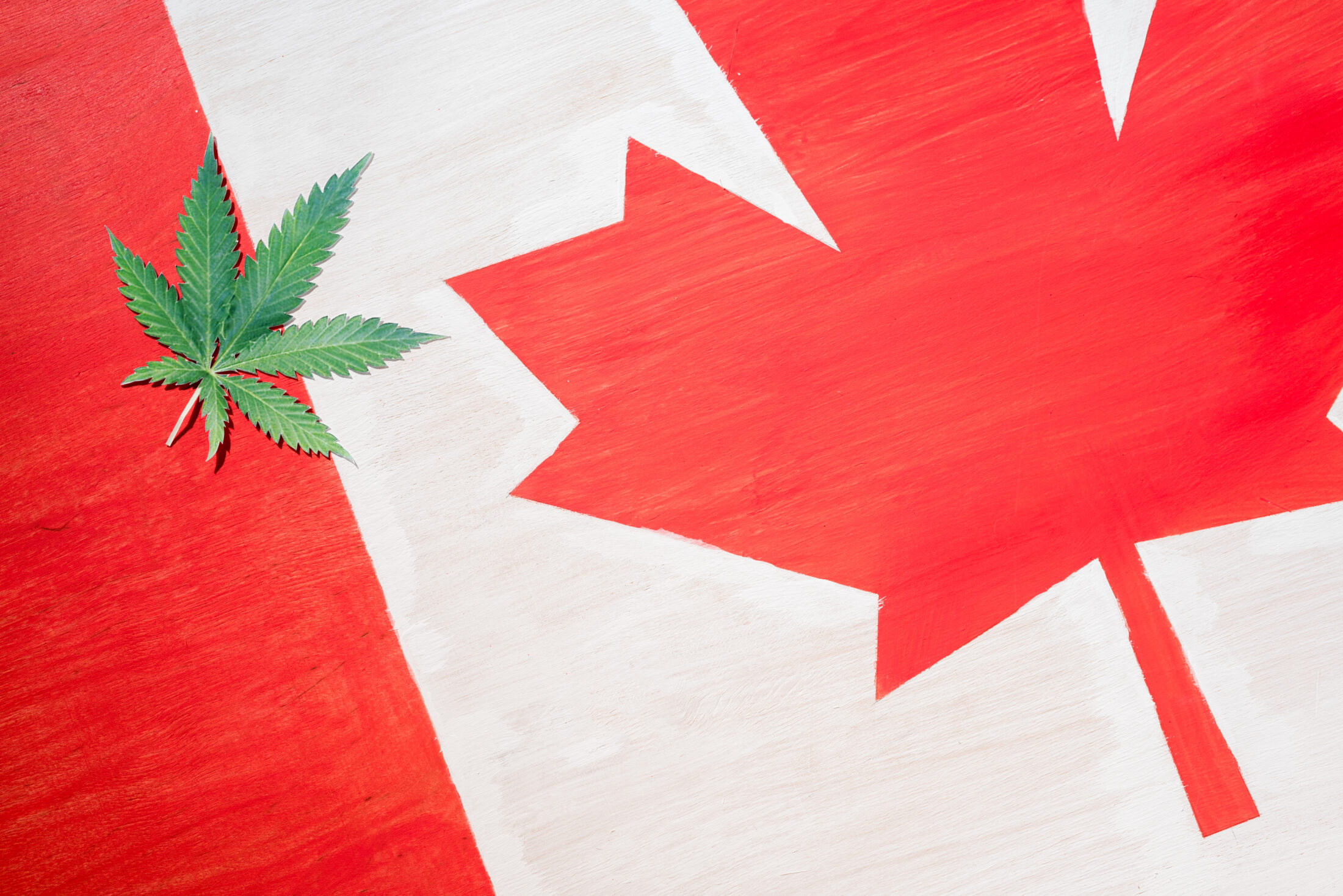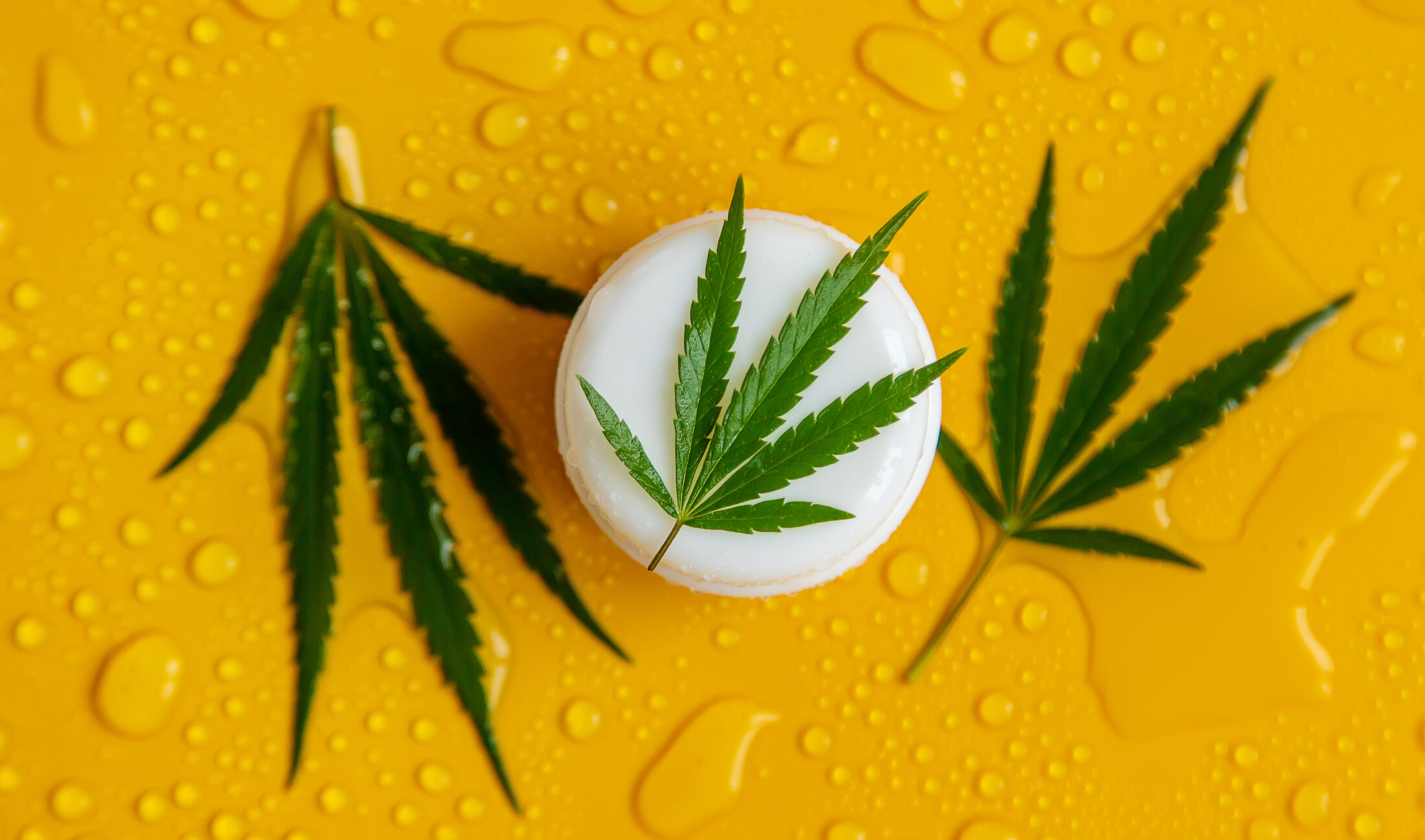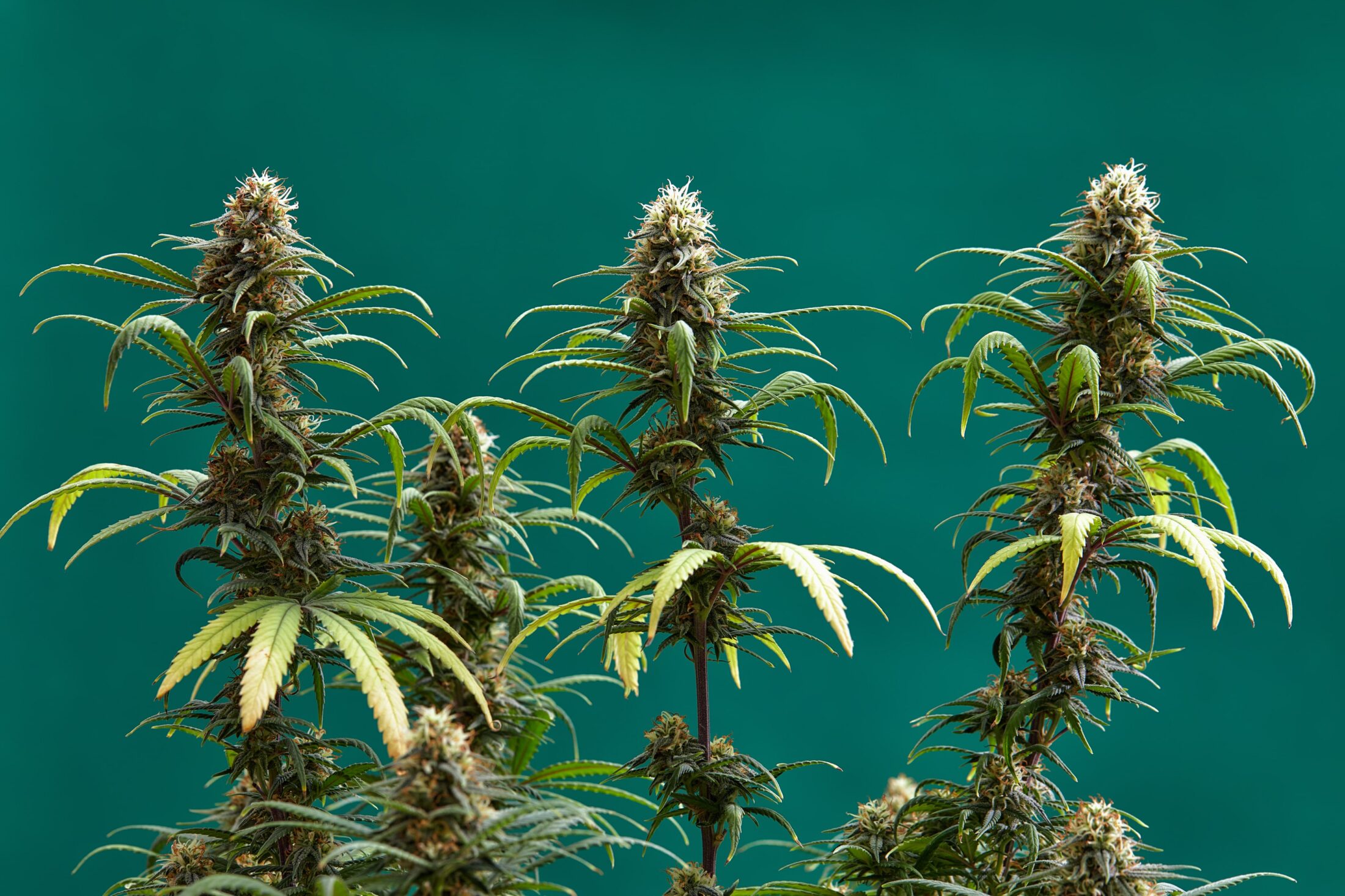Shopping Cart
Subtotal: $0.00
*Sales tax will be added at checkout
*Sales tax will be added at checkout
March 14, 2025

The legalization and cultural acceptance of cannabis are relatively recent phenomena in Canada, and many of us likely have at least a faint memory of how things have evolved over the years. Whether you’re a cannabis user or not, you’ve probably wondered how exactly we got to where we are today. Cannabis has a fascinating and complex story here in Canada, so today, we’re going to explore the cannabis legalization timeline in depth, diving into the history behind this significant shift.
Although cannabis didn’t originate in Canada (it first appeared thousands of years ago in East Asia), it found acceptance among the First Nations peoples, who recognized its medicinal and spiritual benefits long before modern discussions of legalization began. This made them a very important population who attested to the legalization of Cannabis later on.
Since First Nations communities were already using cannabis-like plants medicinally for generations long before settlers arrived, when marijuana in Canada “first entered” the scene officially in the 1800s, it initially flew under the radar. Because of this, even if cannabis has technically been part of Canadian agriculture for well over a century, it was not as “popular” as it is today.
Things took a turn in 1923 when cannabis was suddenly added to Canada’s prohibited substances list after its historical existence on the land seemingly out of nowhere. But there are many suspicions that it is due to artificial fears and sensationalized reports coming out of none other than the United States itself. And since then, for decades, cannabis just continued to remained illegal, demonized by anti-drug campaigns and lumped together with genuinely harmful substances.
By the late 20th century, attitudes began shifting because more and more people were questioning and recognizing the hypocrisy behind cannabis and other substances that are arguably more addictive and harmful, such as alcohol and tobacco, generally speaking. This sparked a movement that later led to the legalization of medical cannabis in 2001, marking the first major turning point in Canada’s cannabis legalization timeline. This step opened minds and sparked curiosity: People started seriously asking if weed would eventually become fully legal.
Fast-forward to 2015, when the legalization of Cannabis became a key issue in the Canadian election. This indicates the massive shift in public opinion throughout the years. Since then, Canada became only the second country in the world to fully legalize recreational cannabis, the first being Uruguay.
No, you cannot! Interestingly, the legalization of Cannabis in Canada does not equate to bringing it into Canada, even if the country you are bringing it from legalizes Cannabis (e.g. States in the U.S. that fully legalized Cannabis). This is an important common sense to maintain when it comes to substances in general, not just Cannabis. The legalization of anything within any country is very much a separate matter of traveling across borders with it, and Cannabis is no exception. So feel free to enjoy all the Cannabis you’ll like in Canada, but avoid crossing borders with it as much as possible.
The legalization of marijuana in Canada has come a long way, but the industry is still evolving. As it continues to grow, new strains, products, and innovations are emerging rapidly across the country. With this rapid expansion, however, new debates have surfaced, particularly around the balance between the commercial and medicinal aspects of cannabis. After the legalization, retailers are pushing for fewer restrictions and greater freedom in marketing communication, while public health advocates continue to voice concerns regarding not only allowing but actively “pushing” cannabis through commercial campaigns. Yet despite these disagreements, cannabis’s influence on Canadian society, economy, and culture shows no signs of slowing down at all.
Reflecting on Canada’s marijuana history timeline, it’s remarkable to see how dramatically the nation’s attitude towards cannabis has changed as the years passed. From a plant prohibited almost by accident to becoming fully legalized and widely embraced, Canada’s cannabis story highlights just how powerfully societal perceptions can evolve. Cannabis and its effects have never changed – it’s only the laws and opinions that are ever changing.
By being just the second country globally to fully legalize cannabis, Canada set an inspiring example for the rest of the world, demonstrating how progressive policies, openness, and thoughtful regulation can pave the way for a safer, more informed approach to cannabis use.

December 29, 2025
Lower Mainlanders are lucky to have a wide array of options when it comes to free weed delivery in BC. Let’s take a look at the top-rated services across Vancouver, Burnaby, Richmond, New Westminster, Surrey, and more: 1. Queensborough Cannabis Let’s start with the local legend: Queensborough Cannabis. Known for friendly staff, great deals, and […]

December 11, 2025
In Canada’s rapidly growing cannabis-wellness market, few products have taken off quite like CBD bath bombs and other topical cannabis products. What began as a niche self-care trend has become a staple in bathrooms across the country, from busy professionals looking to unwind to athletes seeking soreness relief. CBD bath bombs and THC creams offer […]

September 16, 2025
Top 20 Cannabis Stores in Vancouver (2025 Edition) — Queens Cannabis #1 If you live in Vancouver and want the best cannabis shopping experience—whether you’re after premium flower, edibles, vapes, or accessories—this is your guide. We’ve ranked the top 20 stores based on product quality, customer experience, menu variety, accessibility, and reputation. Spoiler: Queens Cannabis […]
Get news and updates about QueensBorough Cannabis Co.